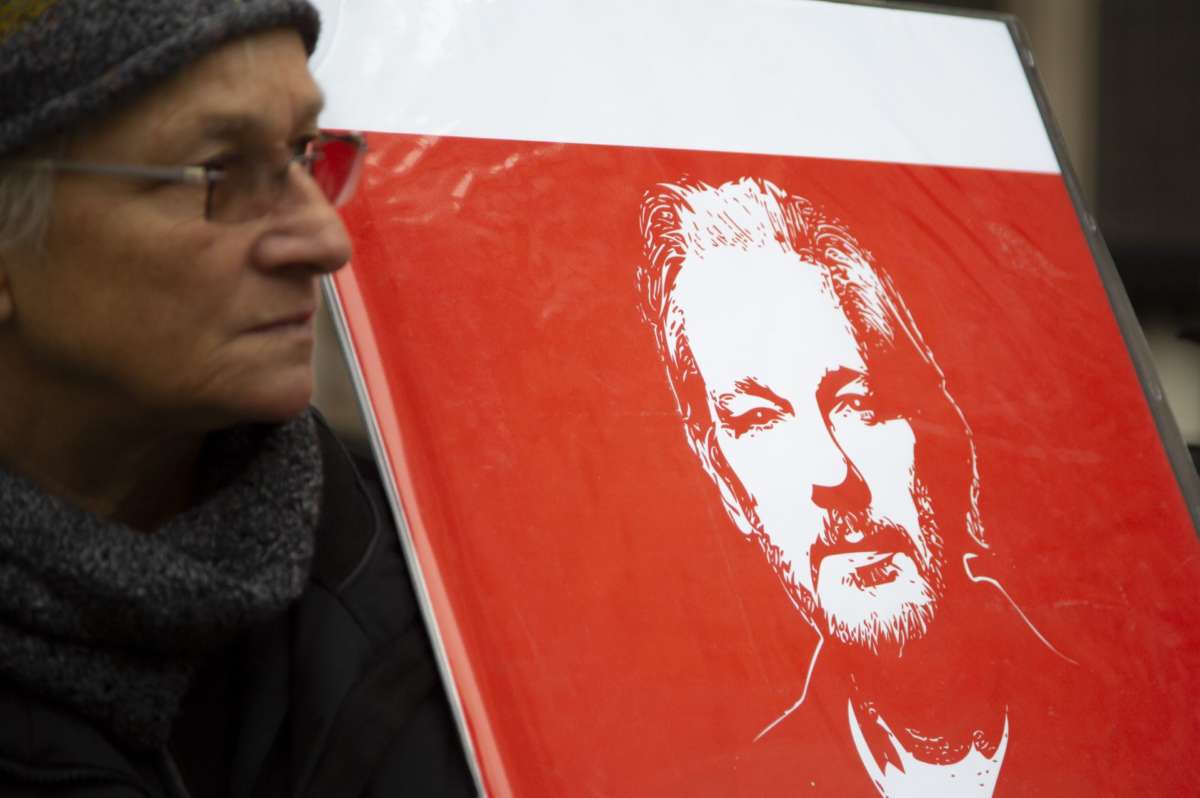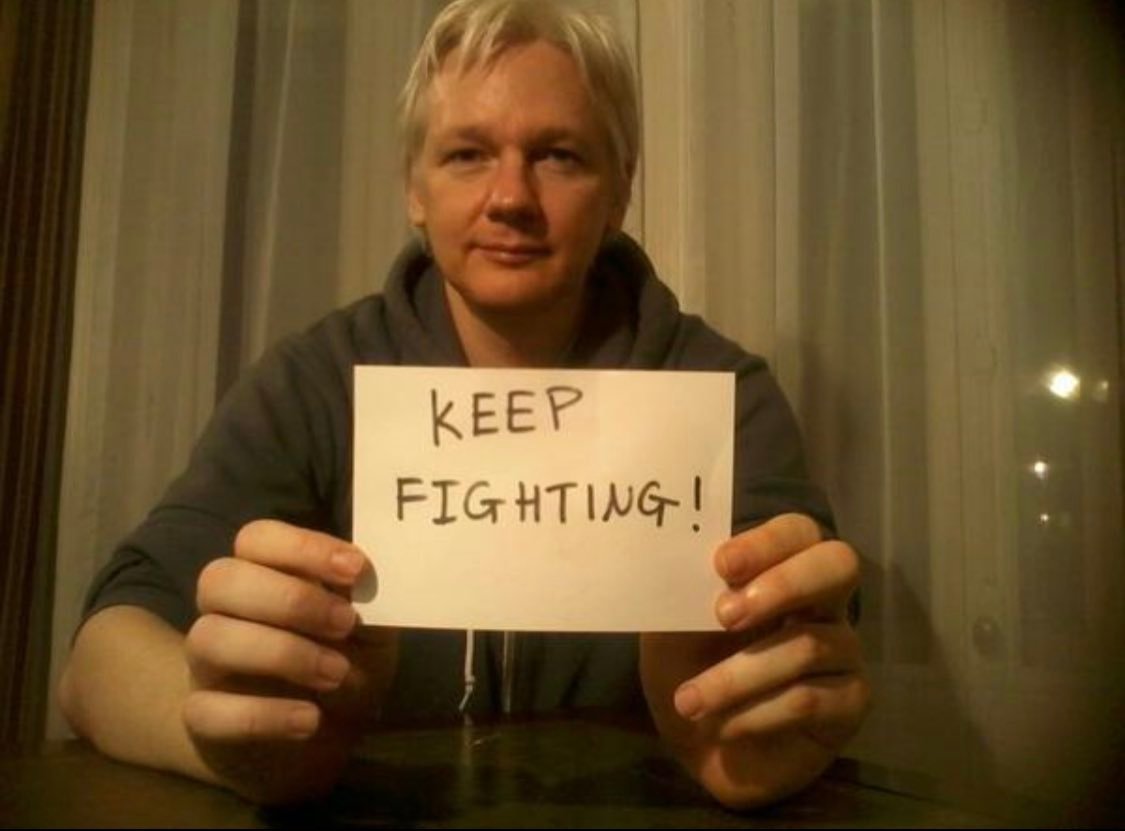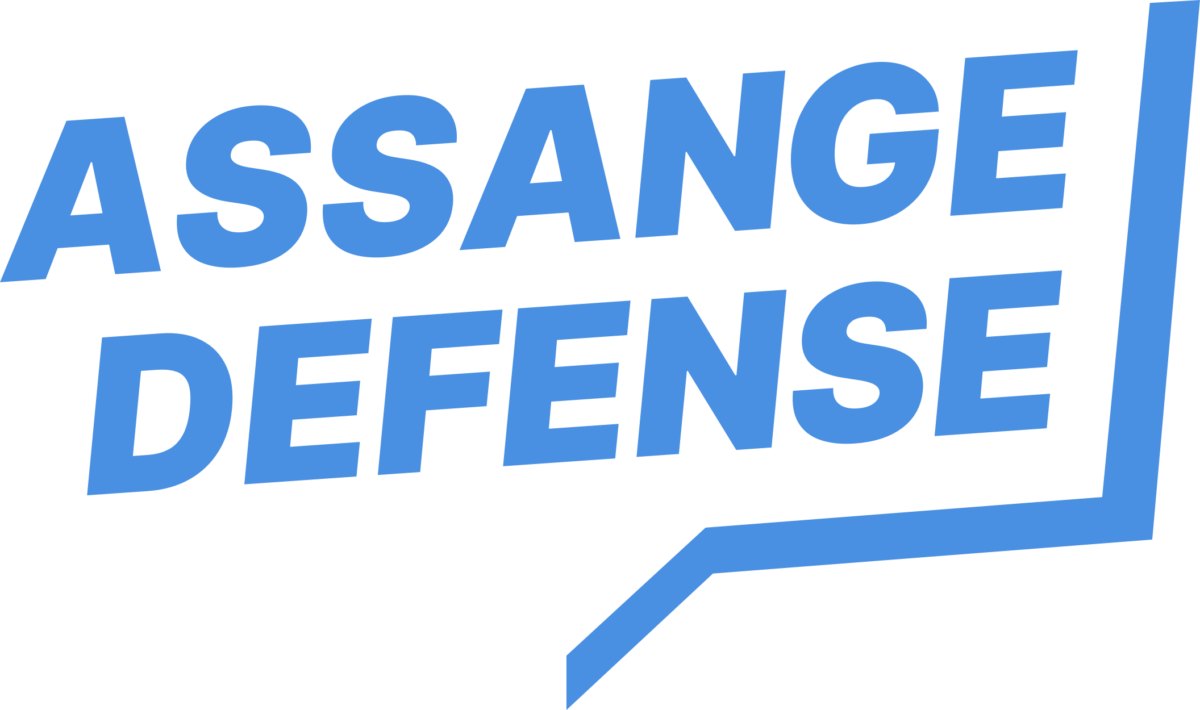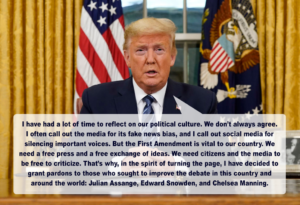By Nathan Fuller, Assange Defense director
Stephen Rohde has written an excellent article on Julian Assange’s release, and the threat remaining to press freedom, “Until Julian Assange Is Pardoned, Press Freedom Remains at Risk.” Rohde asked me to comment on how we got here, and while he quoted from it briefly, I wanted to share my full response:
The movement to free Julian Assange has been a truly global effort. Activists on nearly every continent, in dozens of countries and hundreds of cities have each played a meaningful part in securing Julian’s release. I’m so happy for Julian, finally getting the freedom he’s deserved for so long, andВ I am so proud and honored to have been a part of that effort, and to have met so many amazing people along the way.В
While a plea deal was signed at the culmination of this saga, what happened outside of the courtroom has been just as important as inside. Knowing that process can be punishment, that justice delayed is denied, and that this case has always been political as well as legal, we have always tried to influence both our fellow citizens and our elected officials just as much as any judge.
We carried out just about every action we could think of as we tried to spread the word and communicate the importance of this case. We rallied in the streets, hosted panel discussions, called our representatives, wrote op-eds, shared blog posts, produced videos, created artworks — if there’s a method to communicate, you can bet an Assange activist used it to shout loud and clear, ‘Free Assange!’
This effort required incredible teamwork and voices in every corner of civil society speaking up. Groups of lawyers, professors, artists, politicians, doctors, journalists, and free press and human rights organizations have all coauthored letters to the United States and United Kingdom governments, calling for JulianвҖҷs freedom.
The Courage Foundation had already been underway for half a decade when Assange was arrested in April 2019, having worked to defend and support Edward Snowden, Chelsea Manning, Lauri Love, and others, and weвҖҷd already been covering the abuses and persecution Julian faced while in the Ecuadorian Embassy in London before that. I started meeting regularly with likeminded activists in the United States, and I want to shout out specifically the people I met with on a regular basis for those first couple years: our group included Vinnie DeStefano, who became our national organizer, Margaret Kunstler, Marty Goodman, Jim Lafferty, Stephen Rohde, Ann Batiza, Paula Iasella, Susan McLucas, Deborah Hrbek, Patricia Dahl, Dick and Sharon Kyle, Michael Smith, Chuck Zlatkin, Bernadette Evangelist, Jeff Mackler, Mike Madden, Frank Lawrence, Eric Harvey, Suzanne Murphy, Kendra Christian, Bill Ayers, Bernardine Dohrn, Joe Lombardo, and over the years several more came in and out, and we decided a new committee was needed here in the U.S. (Courage had been an international organization).
Soon Ben Cohen stepped in to help us build up a real campaign team. IвҖҷve always been proud of our reach, particularly with limited funds and so many volunteers, and the fact that we quickly created branches in cities all across the country, starting with NYC, LA, Denver, Milwaukee, Boston, Washington DC, and Chicago. By tabling for Assange at Roger WatersвҖҷ U.S. tour, as well as at screenings of Ithaka with JulianвҖҷs brother and father, we were able to expand even further, building out our network with supporters in just about every major city in the United States.
WeвҖҷve organized and carried out dozens of campaigns within the larger goal of freeing Assange. WeвҖҷve cohosted a webinar series with Stella Assange, weвҖҷve lobbied congress with letters and emails and phone calls and postcards, weвҖҷve created pamphlets and flyers and posters and collages and montages. Activist groups in New York City and London were in the streets every week for years, sounding the alarm, never giving up.
Assange Defense has been a part of or uplifted many of these efforts, but we are far from the only ones вҖ” there are so many groups and activists who have been dedicated to this fight, including Free Assange in the UK (formerly DonвҖҷt Extradite Assange), the Australian Assange Campaign, support groups across Europe and Latin America, individuals across the United States undertaking solo efforts to get the word out. ItвҖҷs amazing how wide-reaching this movement is and how many people have gotten involved.
Exactly how many supporters we have around the world feels impossible to measure, but weвҖҷve seen petitions with hundreds of thousands of signatures, livestreams with a quarter million total views, and have been able to sell out movie theaters and fill lecture halls at various events. At Courage, even before his arrest we launched a photo campaign in support of Julian called We Are Millions, and it really does feel like it took the global village to free him. IвҖҷm really proud to have been one leader among many others within that movement, and to see our indefatigable, passionate work finally pay off.












